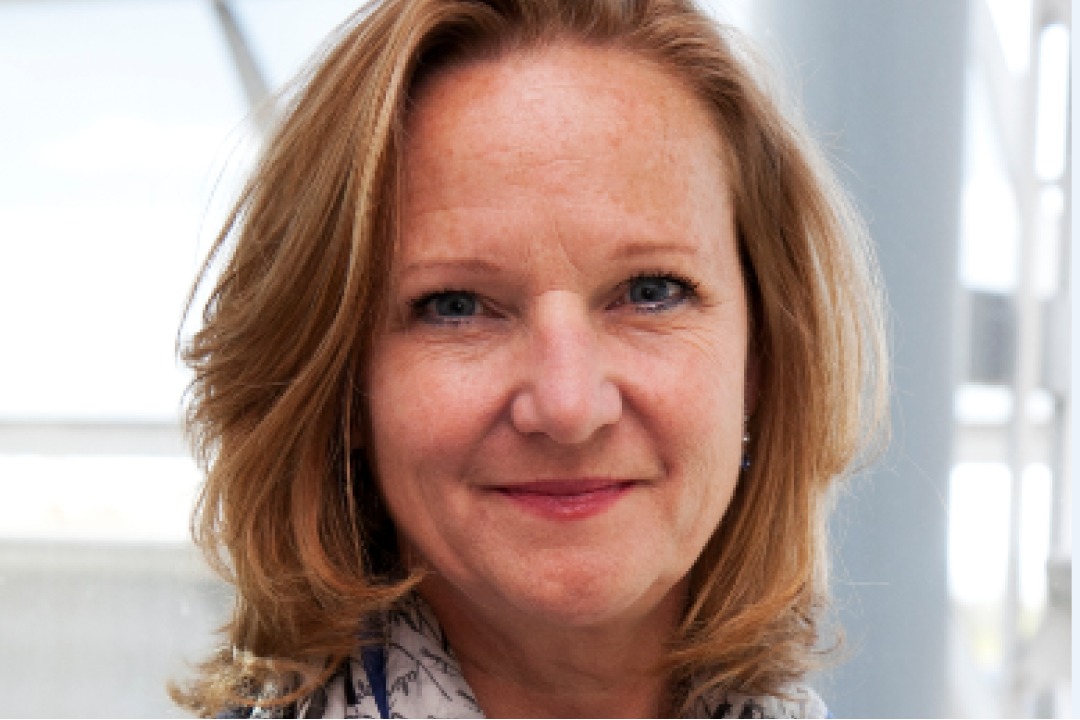
Following International Women’s Day on 8th March, we wanted to catch up with one of our inspirational female Associates on the growth of female leadership and the value of supporting individuals through their career journeys.
Ennis & Co was delighted to speak with our Associate Patricia Taylor to gain these insights into the importance of mentoring and coaching, and the benefits this brings to an organisation as well as the individual. We also discussed the growth of female leadership and the increase in opportunity now available for young women.
Patricia has a deep breadth of knowledge within these areas, developed through her current role as Operating Partner at Acresis LLC as well as her 30 years’ experience as the MD of global businesses and as an Advisor supporting entrepreneurial drive, board development and founder planning and alignment. Through this experience she has been able to support a number of board members and CEOs, as well as students from De Montfort University and our own Drivers of Change finalists.
Read on for Patricia’s insights into the key areas highlighted above:
On the importance of career focused mentoring…
Patricia said, “a career is intrinsic to who you are. There is this need to balance the rational and the emotional, looking at it as potentially changing around or without you, which sometimes demands that you change as a person. This happens in a much more positive way when you feel like you are in control or in some way capable of changing the course of events. I have always been able to segment personal and career and am passionate about sharing this ability.”
On her different mentoring styles…
Patricia said, “over the last four years, I have really taken to doing different types of mentoring – first with young people who are new to the workforce, secondly in a more informal format with connections in need of support, and thirdly with business leaders who seek strategic improvements to their organisations.
“Looking at this first group: this style of mentoring can take two different forms – informal mentoring for recent graduates or through my personal connections. This ranges from helping them to understand where to position themselves, providing interview support, or helping them to understand the dynamics of a business. This happens with various degrees of continuity, depending on the individual.
“The second layer surrounds informal mentoring with people I have worked with in the past and who have retained a professional relationship with me. They are typically needing help or have a specific challenge or opportunity to work through. I talk them through the situation, and we discuss how they can avoid it going forward, or work towards it in the case of an opportunity.
“The third mentoring approach is with the founders of businesses. This involves working with the owner and board members every day, typically starting out as advice, and then developing into mentoring. It becomes about them as people, aligning how to improve their business with their personal goals. We consider their personal objectives and what it means to them, usually surrounding how to manage change.
“Through all these different types of mentoring and groups the constant theme is change. How can you take advantage of a situation? How can you drive change and control it or take ownership of it in a way that is forward thinking and that can develop into decision making? I have found that people often need someone impartial, who knows them but not too well, and is adept at applying different tools and techniques. They can then take these learnings and bring them forward.”
On female leadership and ‘queen bee syndrome’…
“I typically recommend that women should access an executive coach who specialises in female leadership as they are excellent at identifying the unique pressures women face and can help support them.
“I find it interesting that sometimes this happens through self-selection. For example, at De Montfort university I’m involved in group mentoring sessions and have had requests following this for personal sessions – all from women. This is also an example of how much more opportunity young people have today, young women especially.
“In my early career I encountered something which we used to call ‘queen bee syndrome’, i.e. if there were two women who were both used to being the only one in the room, an unpleasant competitiveness would develop within the office environment. Fortunately, we have now grown past this culturally, and women are open to learning from one another and forming strong corporate relationships.”
On the benefits of mentoring…
Patricia said that, “it is incredibly important to have someone from outside of the organisation who an individual can trust to give them useful tools, techniques, and approaches which they can then bring to the table.
“Confidence is also a really important area to be addressed – even at the high-end scale, everyone has self-doubt. Mentors should find what it is about their mentee that is truly special and build on it. It is fascinating to me to be able to go on the journey through the dynamics, challenges, and opportunities these people are working through. I have learned from every single experience and can then bring these benefits to the next party.
“Of course, not every mentoring experience has been a good match, but it is important to recognise this and address it early on. You need to trust each other and have good chemistry. I truly believe that when you are helped you are more helpful to others. If you are a mentee then you are happier to help others in the future and it is really rewarding to see this being played forward in business and life.”
You can find out more about Patricia Taylor or contact her here.
